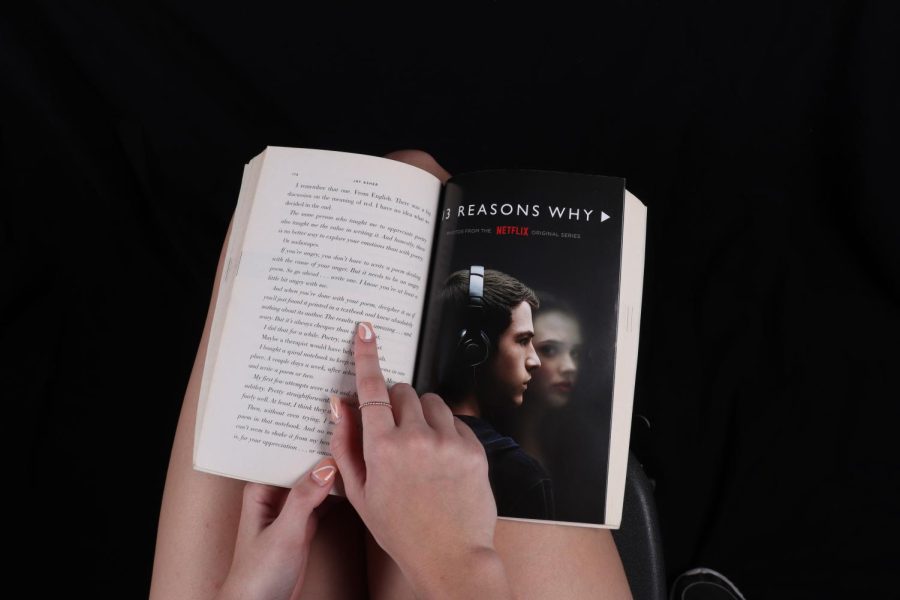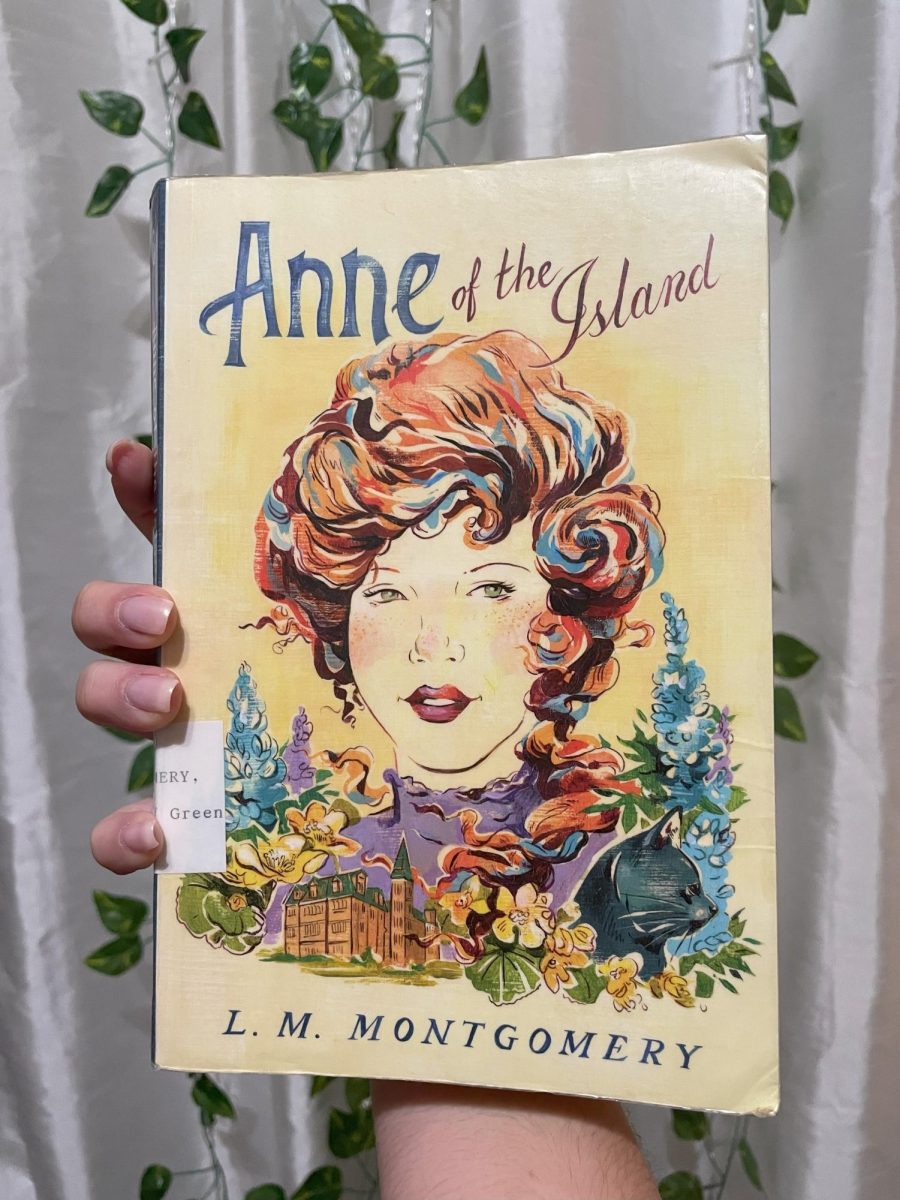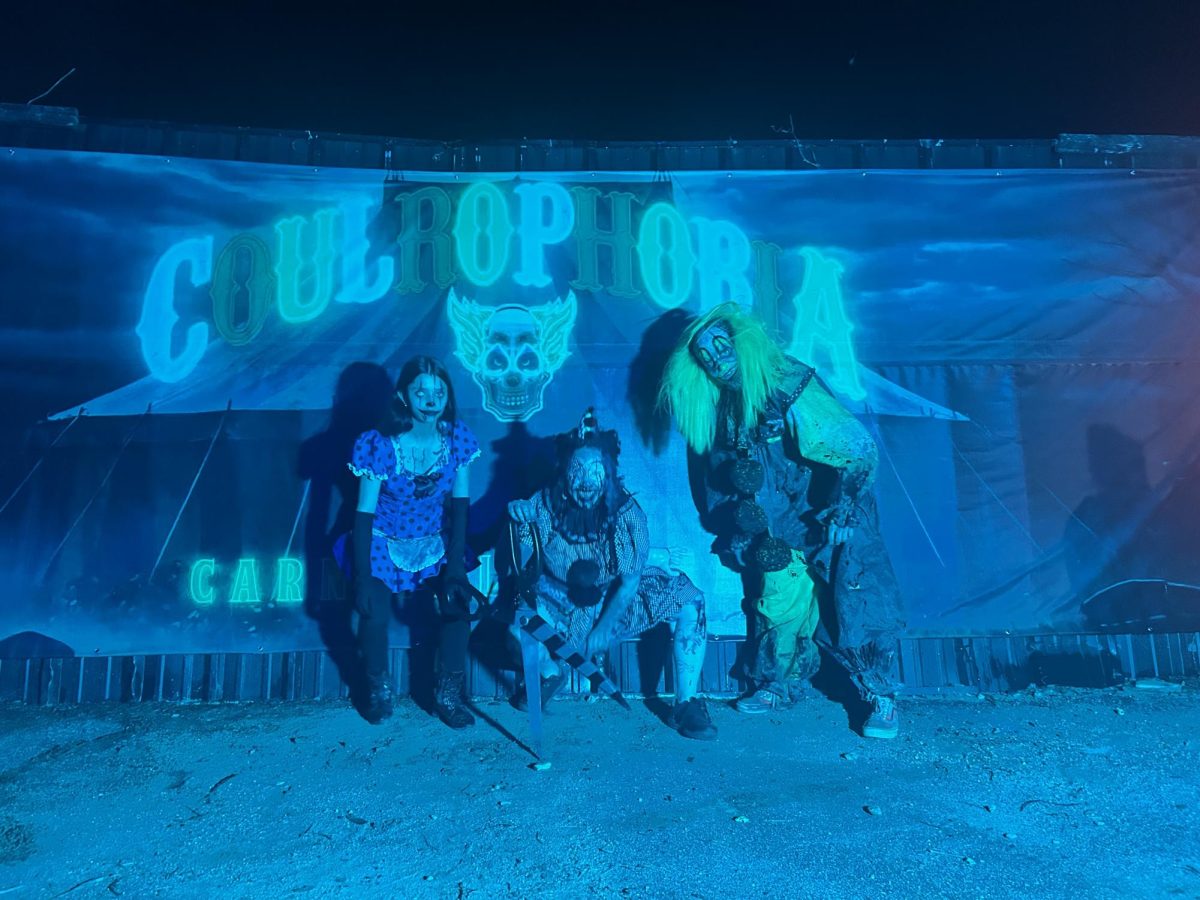Restricted Readings
Book banning controversies come to Nixa
These are some of the books challenged at NHS. Reading is an important part of a student’s growth and learning experiences. “Students see themselves in characters and situations in books,” English teacher Haylee Anderson said. “I think this helps them feel less isolated and alone, build a connection, and see that others can and have gone through similar struggles.”
April 20, 2022
Book banning has become a hot-button issue. Concerns over inappropriate topics have been sprouting up across the nation, including Nixa schools.
Concerned parents have challenged whether 15 books should be available in the NHS library. Many of these books have been challenged in other areas around the country. The reasons for these challenges vary by book, but some recurring topics are present.
“The concerns with several of the books have to deal with sexuality and content related to sexuality, both in terms of sexual orientation and graphic sexual content,” English teacher Melissa Villanueva said. “I wouldn’t say that’s true of all of the books, but I think that is probably the most common thread.”
This year, Villanueva taught advanced English classes, such as AP/DC Literature and Composition, and has previously taught underclassman classes such as English I. This has given her experiences with students at many age levels. She says some books may not be for everyone.
“There are books that I would recommend to a senior in my AP English class that I wouldn’t recommend to a freshman, just because of their age and their emotional maturity and their ability to handle complex topics,” Villanueva said.
School board member-elect Bridget Bidinger was contacted, but declined to comment about the issue. She discusses the idea of book banning in a YouTube interview titled “Bridget Bidinger for Nixa School Board, 2022,” made public by We the People of Missouri, a local watchdog group.
“It’s not about banning books,” Bidinger said in the video. “It’s about making sure that the school library is offering books that are age appropriate, because I personally don’t feel like we should shy away from providing tough subjects for a student to handle, but again they need to be age appropriate. Now when it comes to books that are sexually explicit in nature or pornographic in nature, those books have no place whatsoever on the library shelves.”
The books are currently being reviewed by committees, with a total of five committees reviewing two to three books each, to determine if they have inappropriate content.
District officials said they were unable to comment during an active challenge, but provided the district policy on book removals. According to Nixa School Board Policy KLB-AP(1), the process for challenging a library book follows these steps:
First, citizen complaints are first made to the principal.
If the citizen further registers the complaint, he or she is given a copy of the Request for Reconsideration of Materials form, which must be completed and returned to the building principal. The books are not removed from the library until full review is completed.
The principal then arranges a review committee consisting of the librarian, teacher, himself/herself, patron of the district and possibly a district administrator.
Then, the committee reviews the material and returns a written report of its finding to the building principal. The committee may recommend that the questioned materials be retained without restriction, retained with restriction, or removed.
The building principal will then report the recommendation of the review committee to the complainant. If not satisfied, the complainant may appeal the decision to the superintendent. The superintendent would then report the recommendation of the review committee and the written appeal to the Board of Education. The Board of Education’s decision would be final.
In her interview with We the People of Missouri, Bidinger says while she has not challenged any books at Nixa, student safety is her main priority.
“We in Nixa do a very good job from a technology standpoint of making the students aware of the dangers on the internet and we restrict what they have access to on their Chromebooks,” Bidinger said. “We do such a good job of shielding them from that content in other places. In my opinion, if a student cannot write about the content that’s in that book, if they cannot write about it in an assignment, if they cannot draw some of the images that are in these books in art class, then why would we then make it available to them in the books?”
None of the challenged books are taught in classes. Students such as freshman Hailey Deluca-Bolin believe removing these books from the library could have negative consequences.
“It’s taking away from students, teachers and citizens of the city,” Deluca-Bolin said. “It’s taking away from their ability to learn different things that they maybe wouldn’t be able to learn otherwise. There is only so much that a school offers to teach, and books teach a different lesson.”
Deluca-Bolin had read two of the books being challenged at Nixa High School, including “The Perks of Being a Wallflower” by Stephen Chbosky and “Looking for Alaska” by John Green.
“There was content that I think some parents might not be OK with younger kids reading, but nothing that I thought high school students wouldn’t be OK with reading,” Deluca-Bolin said.
Although she is open to the idea of requiring a parent permission form for some explicit books, Deluca-Bolin does not believe these books should be completely removed.
“Students not being granted the opportunity to read specific books is just taking away opportunities that they could have in the future, or taking away conversations that maybe they need to have,” Deluca-Bolin said.
English teacher Haylee Anderson said the faculty keeps all families in mind when making decisions about books.
“Parents always have the right to decide their own child’s access to books, and many acknowledge that occasional controversial topics in novels might cause some concern,” Anderson said. “But the question is whether or not those books should still be available to others.”
While not part of the book challenge, “To Kill A Mockingbird” by Harper Lee, has struck some controversy within the school over the use of a racial slur in the classroom. Freshman Joanna Jordan found the use of the word inappropriate while listening to a reading of “To Kill a Mockingbird” in her English I class. Jordan said she believes the word does not have a place in modern society, and is disruptive to the learning environment.
“As a society, we’ve moved past the 1930s and the 1960s when the book was written, so it’s great to go ahead and read literature, but we don’t need to use the word aloud in our daily lives because it’s not the 1930s or the 1960s anymore,” Jordan said.
Despite this, Jordan still believes the book holds valuable lessons. Students and English teachers agree.
“It has frequently been challenged across the country,” Anderson said. “However, it contains beautiful themes of equity, acceptance, empathy and standing up for what is right, even if you stand alone. … It also offers the chance to bring up uncomfortable topics that are part of the learning process.”
Although students may disagree with a message presented in a book, they can still learn something from reading it.
“Some people are concerned that if a student has access to a book, they’re going to adapt that author’s message as their personal philosophy, whereas I think that by reading a diversity of opinions … helps us to become stronger in who we are,” Villanueva said.
No books have yet been removed from the NHS library. Villanueva said she hopes there is a civil and reasonable way to solve this issue.
“We as the school want to work with the families,” Villanueva said. “We want to be aware of the concerns and not just dismiss them, but we have to keep the entire school community in mind. By removing books for one set of families, it affects another set of families, and then by keeping them for one set of families, it affects the other set of families. I think that there has to be a mutual respect and a way to find a consensus that would hopefully make all parties, if not happy, then at least satisfied.”
Challenged Books at NHS
“The Handmaid’s Tale” by Margaret Atwood
“Looking for Alaska” by John Green
“The Glass Castle” by Jeannette Walls
“The Bluest Eye” by Toni Morrison
“Fun Home: A Family Tragicomic” by Alison Bechdel
“Black Girl Unlimited” by Echo Brown
“The Perks of Being A Wallflower” by Stephen Chbosky
“All Boys Aren’t Blue” by George M. Johnson
“Blankets” by Craig Thompson
“Homegoing” by Yaa Gyasi
“The Infinite Moment of Us” by Lauren Myracle
“Beyond Magenta” by Susan Kuklin
“Thirteen Reasons Why” by Jay Asher
“Crank” by Ellen Hopkins
“Out of Darkness” by Ashley Hope Pérez







